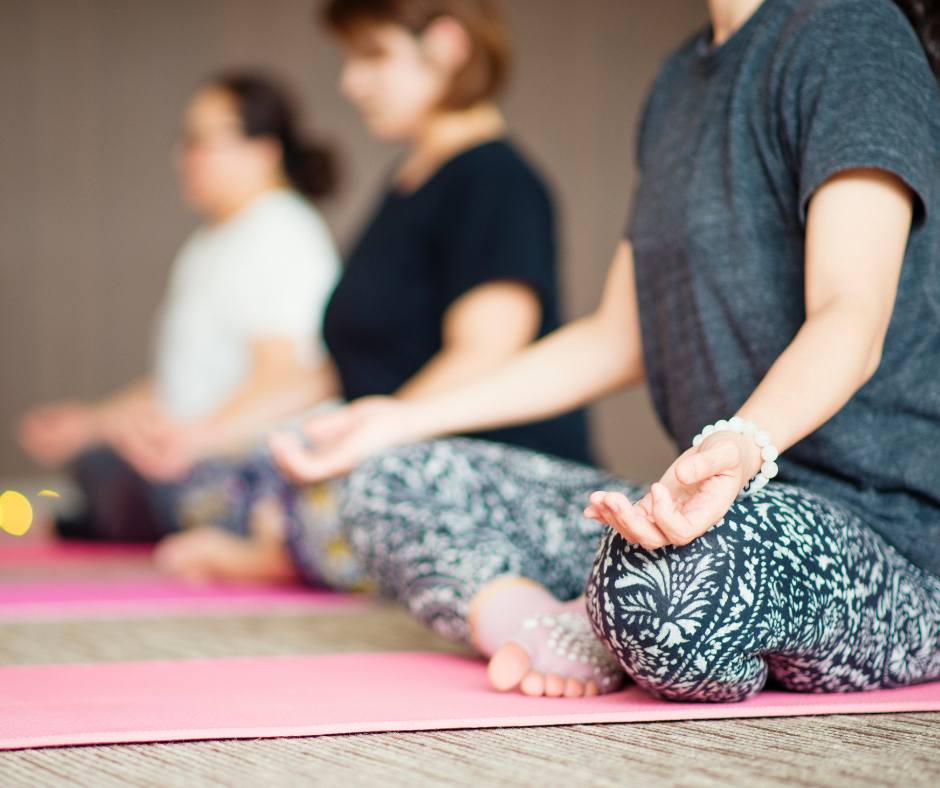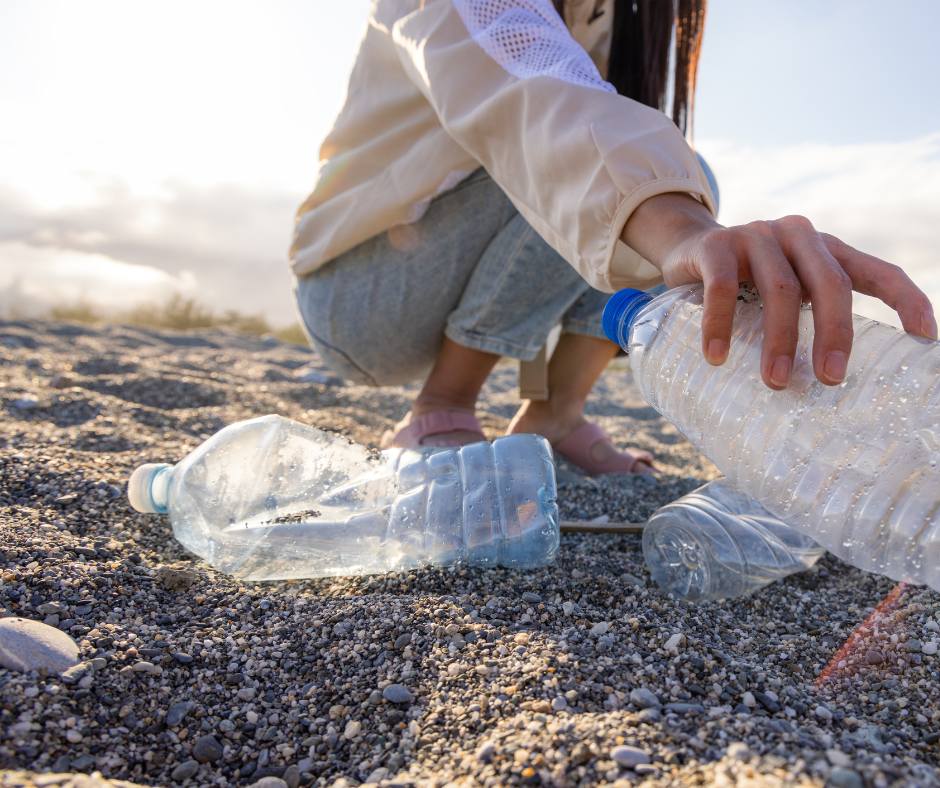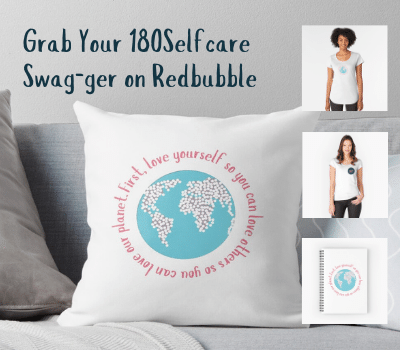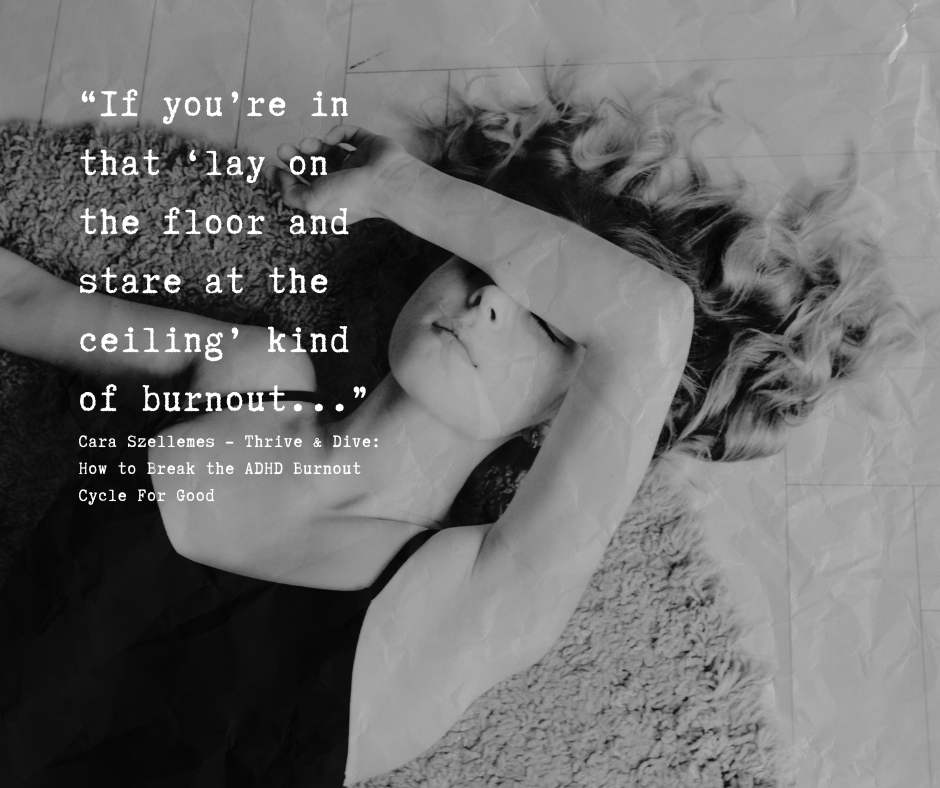What if I told you that our ability to love ourselves is directly related to our ability to affect social and climate change? Does it seem like a leap?

Well, let me put it to you this way: Human beings have a terrible track record when it comes to self-care. We know this because, despite all the advancements in technology, lifestyle health conditions that could be prevented by good self-care are on the increase. It’s remarkable that for all of the self-help, personal development and leadership programs we have in the world, an industry that is said to be worth over 71.42 billion by 2030, the prevalence of preventable lifestyle diseases continues to increase.
Preventable lifestyle diseases are on the rise

According to the World Health Organisation, in 2005, 61 per cent of all deaths (35 million people) and 49 per cent of the global burden of disease could be attributed to chronic diseases like heart disease, diabetes and mental health conditions. Experts estimate that by 2030, chronic diseases will cause global deaths to increase to 70 per cent and the global burden of disease to 56 per cent.
Take obesity, for example. Obesity now affects over 1 billion people, that’s about 1/8 of the world’s population in 2024. It is so bad that the World Economic Forum in Davos declared obesity to be a form of malnutrition. In fact, there are now more overweight people than underweight people in the world. We are literally starving our bodies in a whole different way by eating foods that contain little or no nutritional value.
Let’s look at cancer. In their latest report, the WHO shows that cancer rates are rising. In 2022, approximately 1 in 5 people experience cancer in their lifetime, and of those, 1 in 9 men and 1 in 12 women die from the disease.
The burden on health systems

In Australia alone, a mere $1.1 billion was budgeted for preventative health, sports and protective health measures in our latest budget, 2023 to 2024. Considering that the overall health budget for that year was $137.6 billion, you can see that is a drop in the ocean.
The rising prevalence of chronic lifestyle diseases places an enormous economic and physical burden on our health systems. Government policy is focused on treatment rather than prevention, meaning we need more hospitals, doctors, nurses and technology than ever before. It also means that preventative health measures do not get as much funding. So, it doesn’t make much sense if you zoom out and take a big-picture view of how the world handles these things. In Australia alone, a mere $1.1 billion was budgeted for preventative health, sports and protective health measures in our latest budget, 2023 to 2024. Considering that the overall health budget for that year was $137.6 billion, you can see that is a drop in the ocean.
Two factors are adding to the increase in lifestyle diseases:
- an ageing population, and
- a growing population.

Overall, we’re not dying from infections like we used to, so people are living longer, and at the same time, more people are being born. So, it’s a double-edged sword. Fewer deaths from cuts and viruses, more from sugar overindulgence and binge-watching Netflix.
How do we solve this conundrum? I don’t have all the answers. But I do know that what makes a difference is something we can all do: practice radical self-care.
What I discovered about radical self-care

I discovered how much lifestyle and social change was connected to self-care when I practised and documented 385 days of radical self-care between 2021 and 2022.
Why did I do this?
In early 2021 I was struggling with my mental health and it seemed like everything was unravelling — my relationships, my finances, my health and my life. I knew I had to snap out of it and that no one was going to ride in on a white horse and save me. So, I started my radical self-care challenge, posting one intentional act of self-care a day on Instagram.
After a week of struggling to look after myself, I bought myself a bunch of flowers. Suddenly, I thought, “I don’t need these. Maybe I should give them to someone else.”
So, I jumped out of the car and bumped into Almed, an 80-year-old widower who lived with his daughter. I asked him if I could give him the flowers. When he asked why, I explained that I was working on pulling myself out of depression and anxiety, and it was the first time I’d felt to do something for someone else in quite a while. He tearfully took the flowers and said, “No one has ever done anything like that for me before.”
In a moment, I realised just how powerful intentional self-care was. Within a week, my life had done a 180 (Hence the name 180Selfcare). I started the week unable to care for myself and ended it with the capacity to do something for another person. And that was just the start.
What I realised from that experience was that practising self-care with intention is pretty easy once you get started (starting is the hard part), but when you follow through and then share that with others (also hard because it’s a vulnerable thing to do), the transformation that takes place is remarkable. Not only do you feel more empowered, but others do as well.
How radical self-care empowers transformation

So, how does this relate to social and environmental change? Well, here’s the thing. The more self-compassion we have, the more compassion we have for others and the more compassion we have for others, the more we care about what happens to them. Essentially, a lack of care for each other and our planet comes from the opposite. It comes from not caring about others, not caring about the environment and not caring about the future.
And this has a scientific basis. It has to do with having a sense of agency. Agency is when we feel empowered to cause change and steer our own lives. Back in 2010, researchers following an evolutionary model of social change found that social change was directly linked to a sense of agency. They discovered that when people make small but significant lifestyle and value changes and align themselves with others doing likewise, it naturally leads to social change without any coercion from government campaigns or the media.
Change the world, one act of self-care at a time

So, if you want to change the world, you can totally do it by doing just one act of radical self-care at a time. Every little action you take can cause a tidal wave of transformation. It all starts with a simple question: What will you do to look after yourself today?






